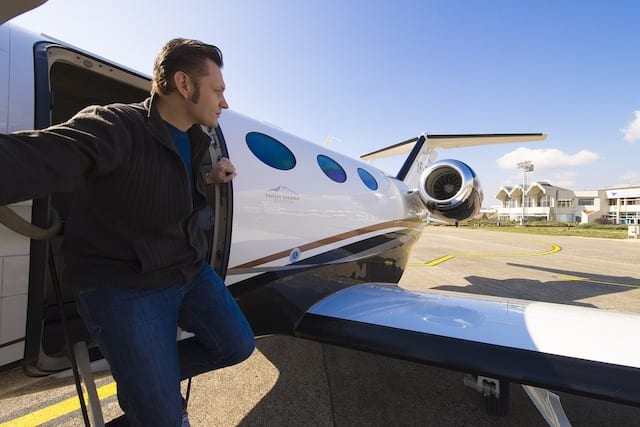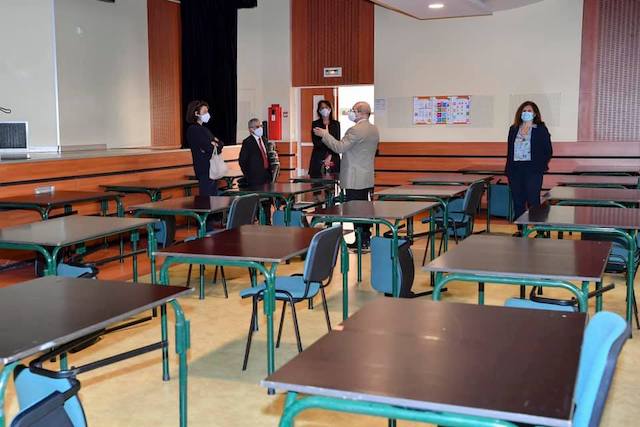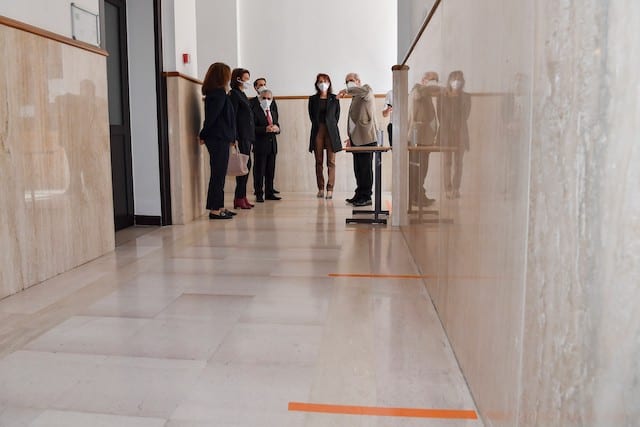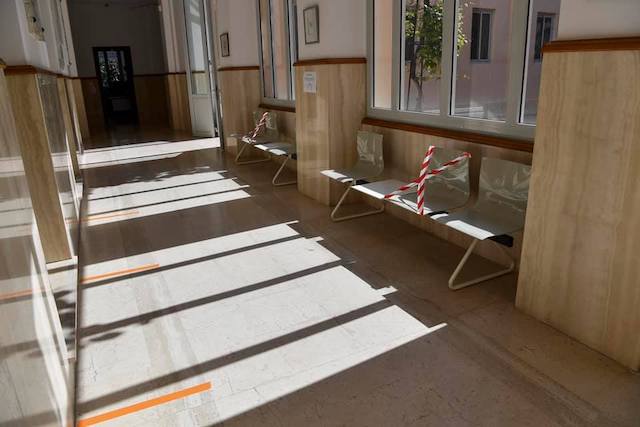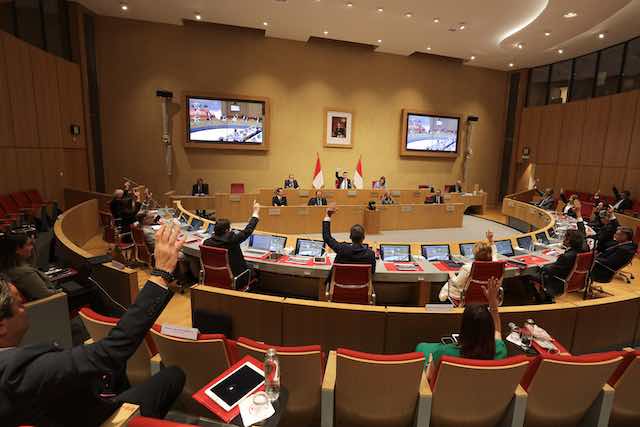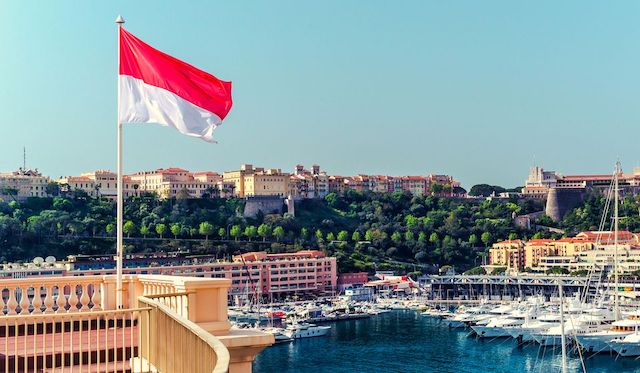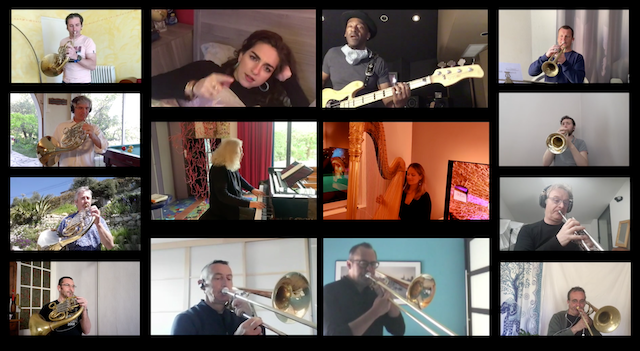Private business airline Jet Class has launched a ‘FlightPooling’ initiative to help people experiencing difficulties repatriating during the crisis. The company says it does not aim to make money from the service, but rather provide a flexible, safe and cost-effective flight sharing programme.
FlightPooling is a unique endeavour put together by Jet Class in order to help people return to their home countries who are unable to fly using commercial airlines due to travel restrictions, or in some cases, the total suspension of flights to certain areas caused by the Covid epidemic.
The plan, which the company points out is a non-profit initiative, was launched by Jet Class in response to a need to provide urgent travel assistance to these stranded passengers.
The idea behind FlightPooling is quite simple and straightforward: passengers are asked to subscribe to Jet Class online and then start compiling a list of required flights. Jet Class then collates the lists, finding other passengers looking for similar itineraries and when they have enough people for a flight, they alert the passengers of departure information.
Health precautions will be taken to ensure all passengers and crew are protected. The aircraft will be properly sanitised regularly, and masks and other protective gear will be worn.
“We have heard some truly heart-breaking stories from people all over the world, desperate to get home since the Covid-19 restrictions were justifiably enforced, and determined that we have the ability to help, utilising the existing Jet Class technology, infrastructure and resources,” said Wagas Ali, CEO and Co-Founder of Jet Class. “Knowing that we are in a unique position to provide a practical solution to the pain that exists in the market made the decision to create ‘FlightPooling’ very easy.”
Flights will be arranged through some of the world’s leading jet-operators, offering anything from 6-seater jets to larger commercial aircraft, depending on the passenger numbers. On the whole, general aviation terminals will be used, offering a more seamless and crowd-free experience, or through commercial terminals when required due to aircraft size. Inflight services will not be offered on short haul routes, although for longer haul flights arrangements can be made.
The cost of the flights will be divided evenly between the travellers. Jet Class has stated the costs will only cover operating expenses. The company will not be making a profit from these flights.
They will be open to offering flights to any city with open borders, plus they will provide the most recent information on entry and quarantine requirements at the destination city.
Photo: Pixabay
